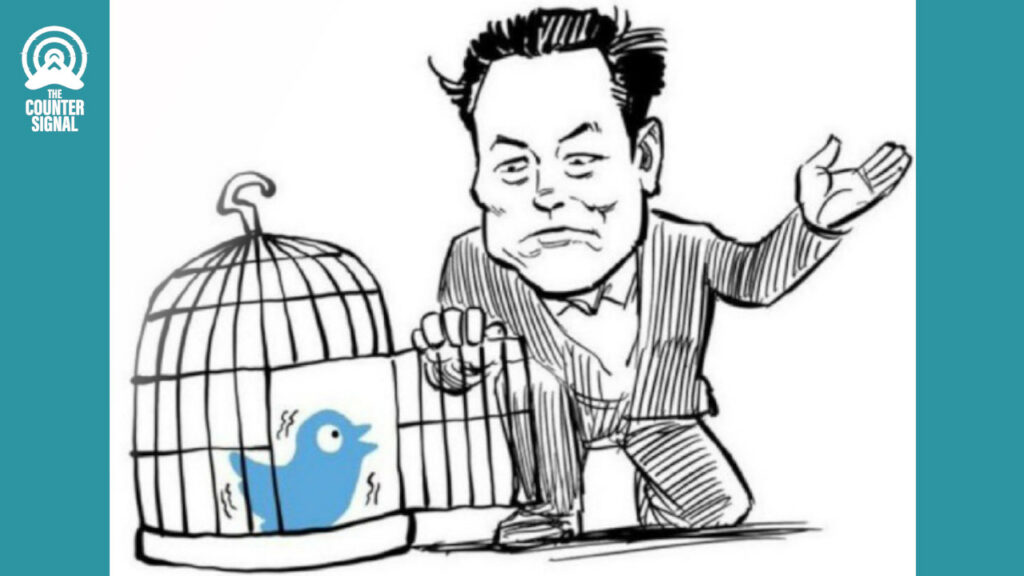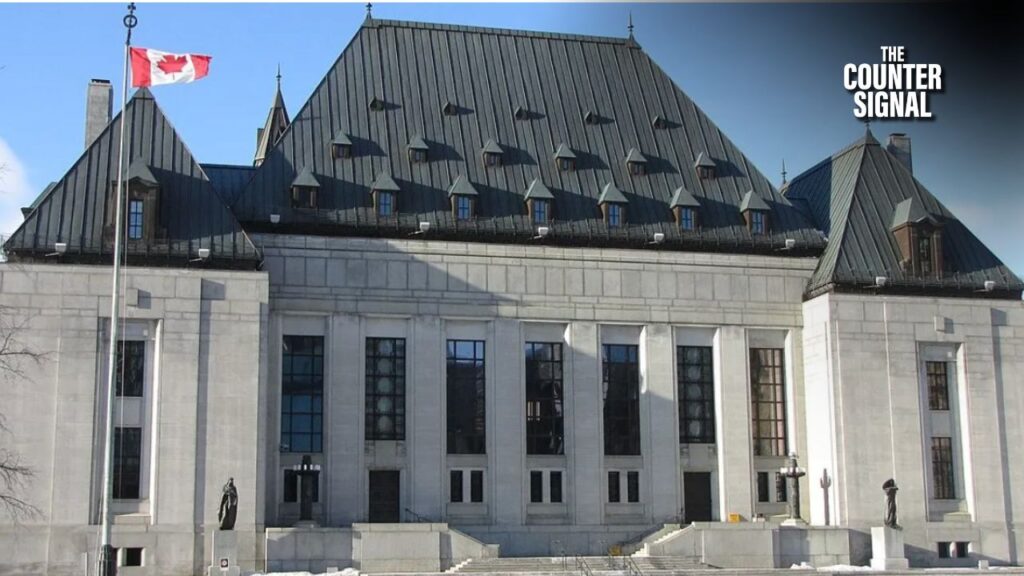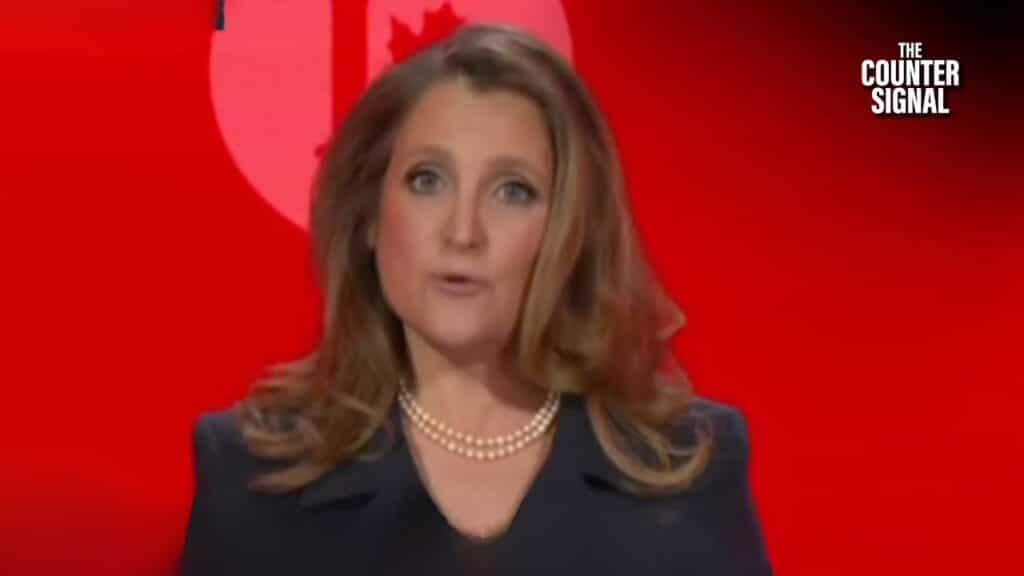Twitter CEO Elon Musk said the platform’s algorithm would become open source next week, signalling a major win for free speech enthusiasts.

Conservatives and non-woke users had complained for years that Twitter’s secret algorithms were biased towards politically left-leaning narratives.
Prepare to be disappointed at first when our algorithm is made open source next week, but it will improve rapidly!
— Elon Musk (@elonmusk) February 21, 2023
After a Twitter user told Musk to “open-source” the company’s algorithm, Musk said that would happen next week.
“Prepare to be disappointed at first when our algorithm is made open source next week, but it will improve rapidly!” Musk said.
By making Twitter’s algorithm open source, Musk is turning Twitter’s cards over so everyone can see them. The public would have access to whatever biases exist if any.
After Musk bought the company and shared “Twitter files” with independent journalists, The Free Press reporter Bari Weiss revealed what many suspected all along – that conservative voices were being suppressed on the social media platform.
“Take, for example, Stanford’s Dr. Jay Bhattacharya (@DrJBhattacharya) who argued that Covid lockdowns would harm children,” Weiss said.
“Twitter secretly placed him on a ‘Trends Blacklist,’ which prevented his tweets from trending.”
On top of representing a huge win for free speech enthusiasts, this move could impact pesky regulators that request Twitter censor voices or topics and prop up others.
As the Trudeau Liberals’ censorship Bill C-11 (The Online Streaming Act) is days away from becoming a reality, any legal requirements Canada imposes on Twitter to modify its algorithm will be direct attacks on free speech.
Last year, even before Musk took over, Twitter scolded the Trudeau government’s proposal to become the internet’s ‘Online Safety’ gatekeepers.
Twitter representatives went as far as to compare the Trudeau Liberals to communists over their desire to implement mass censorship via Bill C-11.
“The proposal by the government of Canada to allow the Digital Safety Commissioner to block websites is drastic,” a representative told the government.
“People around the world have been blocked from accessing Twitter and other services in a similar manner as the one proposed by Canada by multiple authoritarian governments (China, North Korea, and Iran, for example) under the false guise of ‘online safety’ impeding peoples’ rights to access information online.”
“The government should be extremely mindful of setting such a precedent – if Canada wants to be seen as a champion of human rights, a leader in innovation and in net neutrality globally, it must also set the highest standards of clarity, transparency and due process in its own legislation.”












